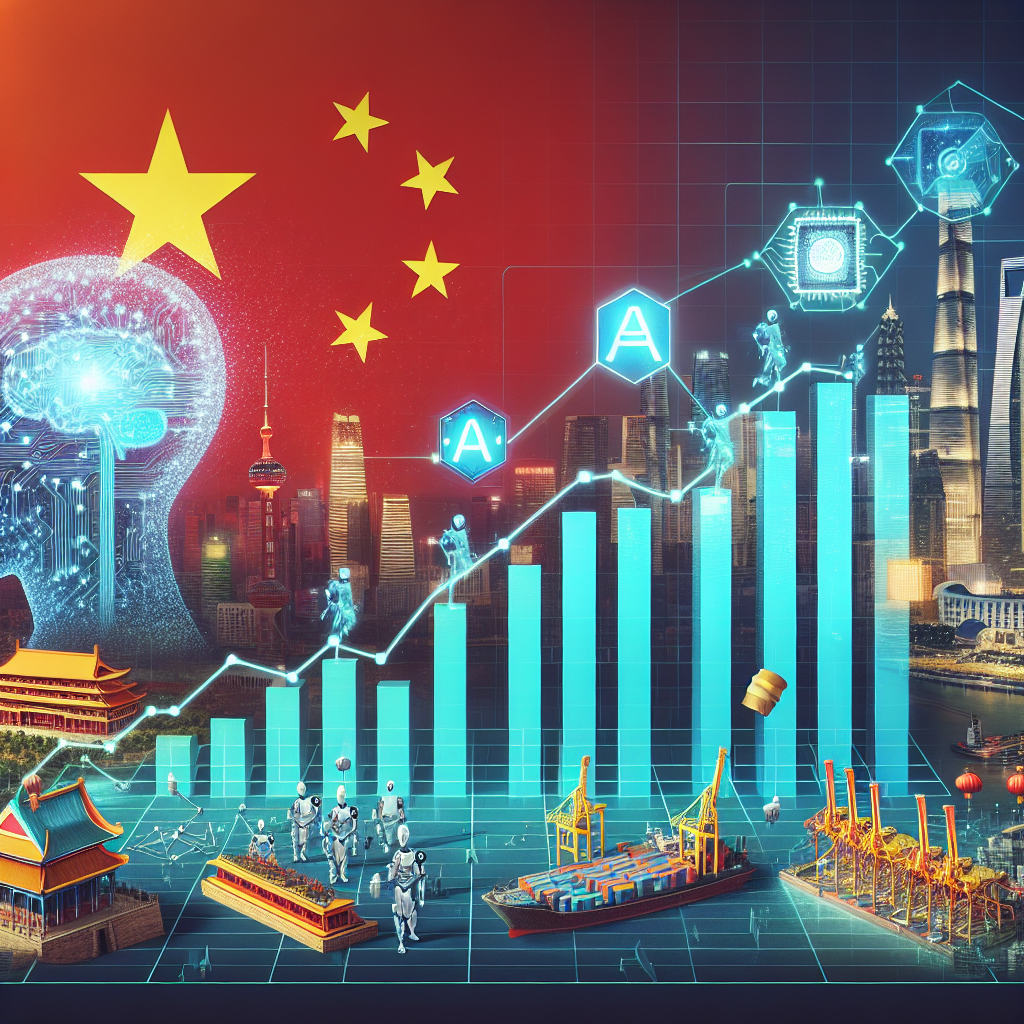China Accelerates Economy With AI Investments
When Deng Xiaoping opened China’s doors to economic reforms in 1978, few could have predicted that the same spirit of bold transformation would one day fuel a nationwide push for artificial intelligence. Fast-forward to today, and China accelerates economy with AI investments at a scale unmatched in its history, committing trillions of yuan and intensifying the race for technological supremacy.
The Next Great Leap: Trillions Poured Into National Computing Power
China is betting big on artificial intelligence—a move reminiscent of its monumental infrastructure campaigns. Patience is not the order of the day; speed and ambition define Beijing’s strategy. The government has launched massive initiatives to deploy AI across everything from factories and logistics hubs to urban surveillance and social services. This unprecedented drive is powered by the development of national computing networks, which are now seen as vital arteries to pump new life into the world’s second-largest economy.
Central to these efforts is the construction of a complex grid of data centers, larger and more interconnected than ever before. These facilities will process vast troves of national data, advancing AI research and supporting industries eager to digitalize. According to official blueprints, China aims to increase its total computing power by 50% by 2025, an investment expected to reach trillions of yuan.
Why AI Investments are China’s Economic Engine in 2024
AI is more than a technological upgrade; it is the catalyst for economic revitalization in China. As domestic demand cools and traditional industries, such as real estate, struggle, leaders view artificial intelligence as the spark for high-quality, sustainable growth. This forward-leaning approach is designed to ensure long-term competitiveness, spark job creation, and address labor shortages driven by an aging population. Key areas benefiting from these trillion-yuan investments include:
- Smart manufacturing: Upgrading production lines for higher efficiency and precision
- Logistics and supply chain: Developing intelligent platforms for faster, more reliable deliveries
- Healthcare: Accelerating breakthroughs in diagnostics, treatment, and hospital management
- Urban development: Enhancing city management, surveillance, and emergency response through AI-driven data platforms
Strategic Risks and Global Implications
China’s AI acceleration is not without its hurdles. The global chip shortage and ongoing US export controls threaten to slow progress or force shifts in technology partnerships. Meanwhile, fierce international competition looms, as Western economies rally their own AI sectors in response. Nevertheless, China’s ability to mobilize resources rapidly, set ambitious targets, and coordinate efforts nationwide gives it unique advantages in the AI era.
Moreover, the ripple effects are global. As Chinese tech giants and startups embed AI in more products and services, the impact will be felt far beyond domestic borders. The policy actions taken today signal China’s determination to become not only a user of AI but a global leader in its creation and deployment.
Looking Ahead: Will AI Deliver China’s Economic Transformation?
The story of how China accelerates economy with AI investments is still being written. With its audacious national computing grid and a wave of investments pouring into key sectors, China is creating the conditions for a digital economic boom. The world is watching keenly to see if this gamble pays off, transforming artificial intelligence into one of the pillars of China’s next great leap forward.
For deeper insights into China’s national AI strategy, read this detailed analysis from the South China Morning Post.

